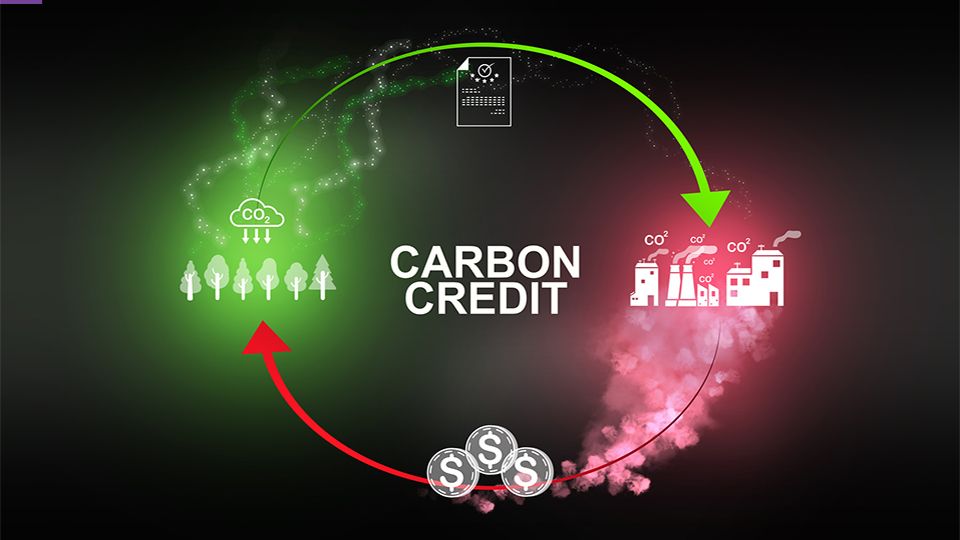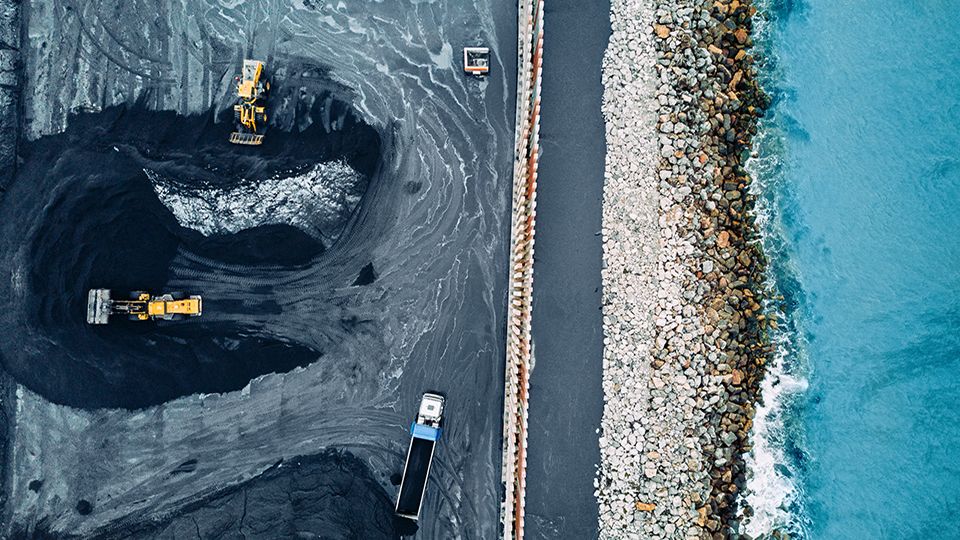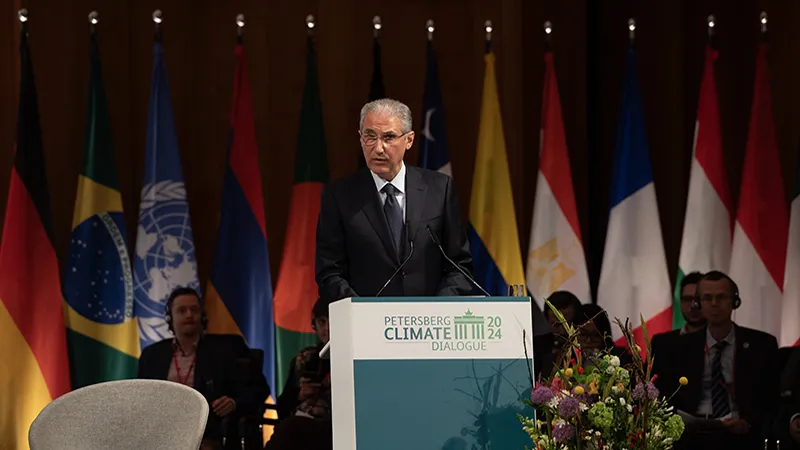Businesses, financial institutions and standard setters have agreed to build up high-integrity demand in voluntary carbon markets (VCMs), with objectives set to support the market’s growth in the lead up to COP28.
At a recent round table, convened by the Glasgow Financial Alliance for Net-Zero (GFANZ), the Voluntary Carbon Markets Integrity Initiative (VCMI) and the COP28 Presidency, participants said high-integrity VCMs can form part of a credible path to net-zero, without compromising on the urgent imperative to reduce corporate value-chain emissions.
Additionally, participants considered integrity in VCMs to play a crucial role in supporting local communities, the just transition and nature conservation, alongside driving carbon savings.
“As the world is off-course to deliver on its Paris commitments, high-integrity VCMs can play a critical role – as one tool in the box – in accelerating transition finance to EMDEs, protecting nature, supporting accelerated coal phaseout and catalysing investment in new technologies,” said H.E. ambassador Majid Al-Suwaidi.
Participants outlined commitments and actions being taken within companies to decarbonise, and opportunities for additional use of carbon credits to increase financing for climate solutions. Clear, end-to-end standards for VCMs, from project development to end purchasers, were also discussed, as was a need to continue to strengthen alignment between standard-setters.
Carbon credits are not without controversy. Earlier this year, an investigation by the Guardian, Die Zeit and Source Material revealed that more than 90% of the rainforest carbon offsets sold under the verified carbon standard of Verra – the world’s biggest provider of such offsets – “did not represent genuine carbon reductions”.
Meanwhile, the Net-Zero Asset Owner Alliance (NZAOA) announced that it will soon require its members to stop relying on carbon credits to offset their greenhouse gas emissions, citing a “divergence of real-economy emission pathways and scientific pathways” for limiting temperature rise to 1.5C.
The GFANZ roundtable spoke about the importance of scaling the pipeline of high-quality carbon credits. Representatives from established buyers specifically flagged the significant due diligence burden placed on companies wanting to buy high-quality credits, as well as the limited supply, and highlighted the need for a widely accepted credibility standard such as that developed by the ICVCM.
To that end, the co-hosts committed to working with participants towards three main objectives: increasing recognition of the vital role high-integrity VCMs can play in the net-zero transition; delivering a clear framework from supply to demand side for VCMs by COP28 that rewards credible use of high-quality credits; and encouraging clear and ambitious demand signals from buyers by COP28.
“As this roundtable recognises, we urgently need new sources of financing to address our most pressing climate mitigation priorities,” commented Alice Carr, executive director for public policy at GFANZ.
“Voluntary carbon markets can play a transformative role, by unlocking untapped capital for emerging markets and developing economies seeking financing to preserve nature or accelerate coal phaseout through high-integrity projects. We now need to coalesce around emerging standards which, alongside target setting and transition planning frameworks, can support a high ambition path to net-zero, where reductions of absolute emissions and compensation for ongoing emissions must happen in parallel, not in sequence.”









